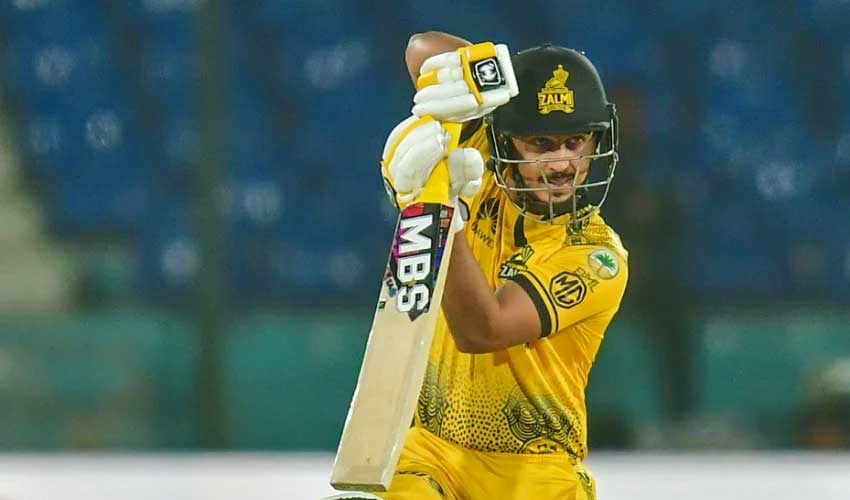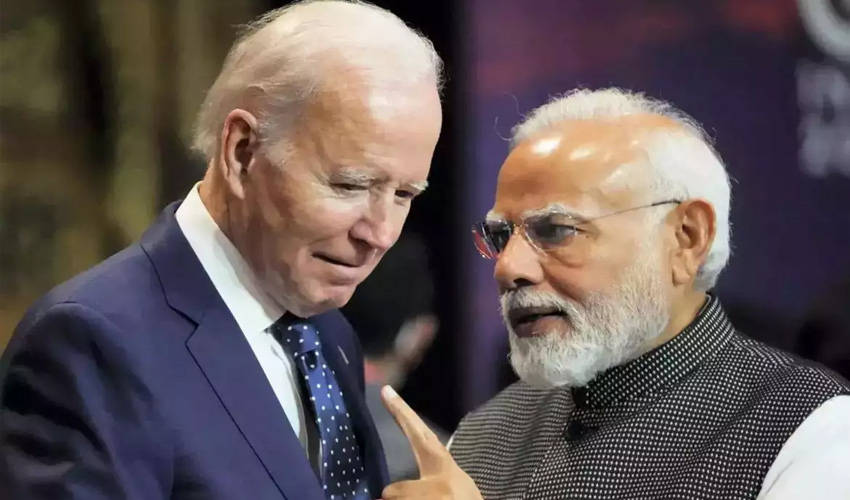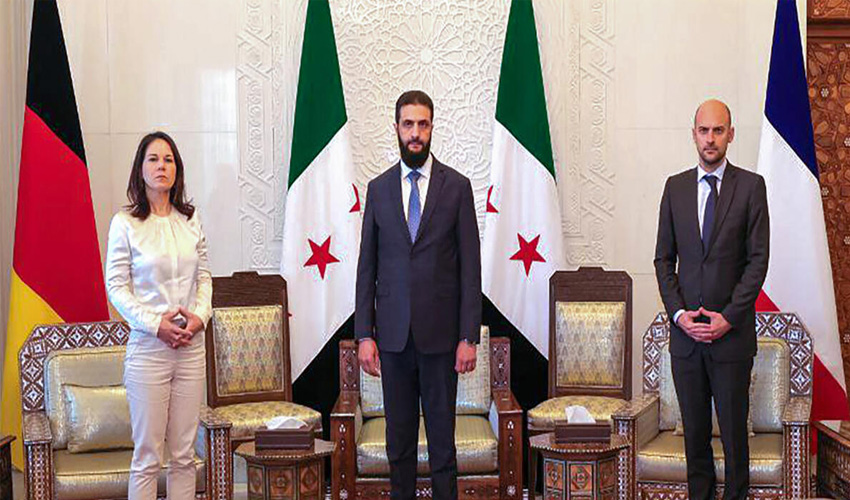In a much-discussed rendezvous, Russian President Vladimir Putin took the spotlight while American TV host Tucker Carlson played the accommodating audience, providing the Kremlin leader with ample room to maneuver.
During the encounter, Putin held sway, delivering lectures, jests, and occasional snarls, all while Carlson appeared fixated, albeit occasionally showing signs of discomfort, notably during Putin's extended monologues.
Rather than pressing Putin on the contentious issue of Russia's full-scale invasion of Ukraine or challenging his dubious assertions, Carlson diverged into tangential topics like religion and Russian identity.
Carlson's touted narrative of championing free speech by securing an interview with Putin was debunked as the Kremlin selectively chooses interviewees who lack the ability to effectively challenge the Russian president.
Critics pointed out the irony of Carlson's claims, given Putin's track record of suppressing free speech domestically, exemplified by recent laws criminalizing truthful reporting on the Ukraine invasion.
It took a significant portion of the interview before Carlson raised the case of American journalist Evan Gershkovich, highlighting his imprisonment in Russia on espionage charges, and suggesting a potential prisoner exchange.
In a notable revelation, Putin hinted at desires for a prisoner swap involving a Russian assassin, shedding light on complex negotiations involving multiple countries and prisoners, including Americans.
The encounter commenced with a historical lecture from Putin, reiterating his pre-war denial of Ukraine's sovereignty and advancing his justifications for the invasion, which were met with skepticism by Carlson.
Despite Putin's narrative of seeking dialogue and negotiation, critics highlighted the absence of challenges to his assertions and the failure to present factual accounts of the invasion's atrocities.
The interview unfolded against the backdrop of stalled fighting in Ukraine and wavering support from Kyiv's Western allies, providing Putin with an opportunity to assert Russia's readiness for dialogue and capitalize on any hesitation from Ukraine's backers.
While interviews need not always be confrontational, critics argued that Carlson's passive approach allowed Putin to evade scrutiny and propagate his narratives unchallenged, raising concerns about the integrity of the journalistic process.



























